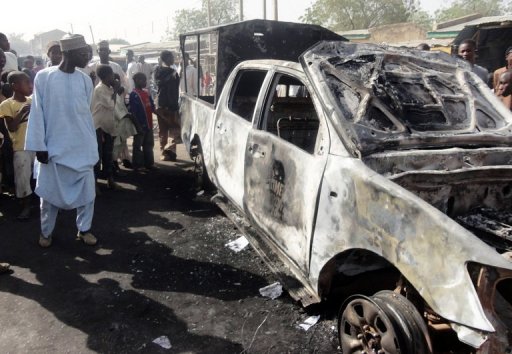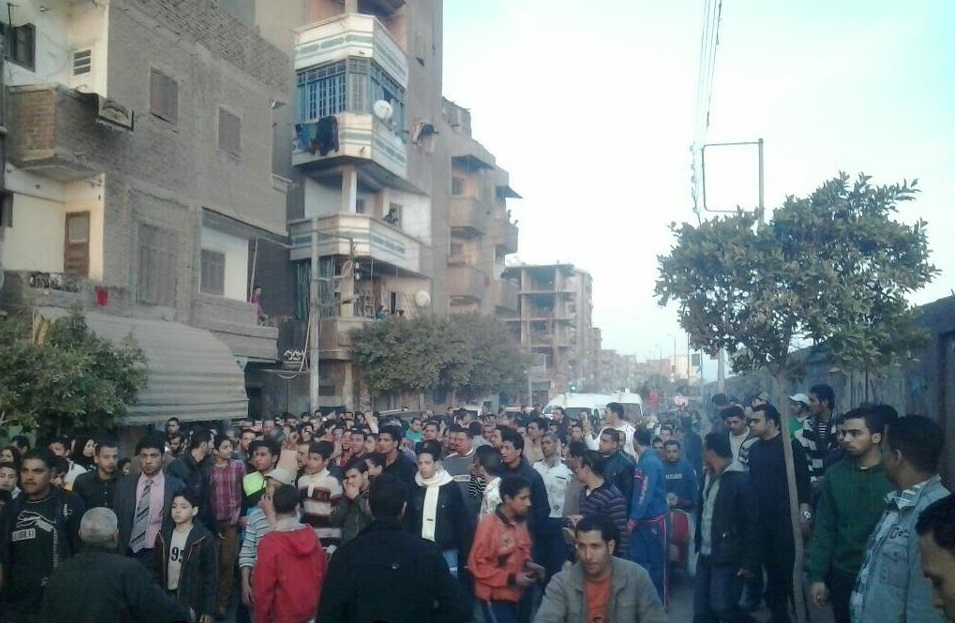Ramadan: a time for piety, fasting, prayer and a month where families and friends join at the dinner table for iftar (the fast-breaking meal) and sohour (the meal before dawn).
However, in Egypt and many Arab countries, some people take advantage of the fewer working hours and the overall slower environment to slack off at work. Others continue working with the same vigor. Daily News Egypt spoke to a construction engineer, a journalist, a pilot and a foreign exchange student who have to keep their level of performance high during Ramadan.
The pilotFor aspiring young pilot Ahmed Talaat, 27, a Ramadan work day is just like any other day. Travelers are exempted from fasting because of the strain it can have on people and because of the different time zones. It becomes particularly challenging if you are the pilot responsible for flying an airplane full of passengers, navigating through the skies with a maze of gauges, buttons and switches.
“The environment is different [in an airplane], the pressure in down and the moist content is low which causes dehydration, said Talaat, adding that dehydration affects concentration.
“I’ve tried fasting before but it’s really difficult to concentrate, he said.
One of the downsides of jetting off to a different country everyday for pilots is that they are not able to spend time with family and friends during a month that’s all about gatherings. But since this applies to all pilots, Talaat and his co-workers are considerate of each other’s schedules.
“Just like I want to be with my family, other people also need to be with their families so we fairly divide the flights schedule amongst ourselves so everyone can have equal time to spend at home during Ramadan, he explains.
The construction engineerWith a growing real estate market, there seems to be a new building or compound coming up everyday in Egypt and nothing, not even Ramadan, can slow down the construction boom.
Amr Sayed El Ahl is a construction engineer who leads a team on site under the blazing sun all day. With no food and no water, he struggles to keep up his team’s efficiency and morale.
“Work during Ramadan is tiring, the day starts earlier than usual and being in the sun all day in this hot weather with sand, paint and dust all around, your throat becomes so dry, it’s so difficult, said El Ahl.
Development projects run on a tight schedule, and with workers’ efficiency “down to the ground, El Ahl takes Ramadan and Eid into consideration before setting a deadline for the project.
“The first five days of Ramadan are the hardest because people are still trying to cope with work without eating or drinking. A few days before Eid the workers leave to spend the holidays with their families in the countryside, but clients understand these factors when we are setting a deadline, he said.
Since many projects are on the outskirts of the city – in New Cairo or Sixth of October – El Ahl often finds himself stuck in traffic and has had iftar in the car several times. “Working all day and then the traffic on the way back, by the time I get home I’m really tired. Despite all this I try to spend time with my family and friends because, after all, it’s Ramadan.
The journalistA journalist’s job is to gather and disseminate information about current events, trends and issues in a timely manner. It’s a profession that depends mainly, if not entirely, on contacting your sources of information. With shorter office hours, it’s difficult to get hold of people, but for Ethar El Katatney, a staff writer at Egypt Today and Business Today Egypt magazines, its all about organization and time management.
“You have to plan ahead and take appointments days in advance, work is not as intense [during Ramadan] if you plan for it early, explains El Katatney. The young journalist says that she spends her days reporting and doing interviews, keeping the research, transcribing and writing for after iftar.
But even with all the forward planning, sometimes things pop up. “People just cancel, they take a holiday before Eid or just leave for Saudi Arabia for a umrah, and no one can be reached a week after Eid, it becomes more difficult the more important the person is, she said.
On a brighter note, El Katatney finds Ramadan is a good time to increase her contacts. “Companies and associations hold a lot of iftars and sohours for journalists, these are good networking [opportunities]. I get to meet new people from different fields, she said.
The foreign exchange studentWe may all try to keep up our performance at work during Ramadan, but undeniably things tend to move at a snail’s pace. But what if you are in a foreign country and have to keep up with living in the fast lane? For Lamiaa Mahmoud, spending Ramadan in Montreal, Canada was a difficult yet unique experience.
“I definitely missed my family and the whole Ramadan spirit in Egypt with the Taraweeh prayers and the tents, but I somehow found another way of replacing it by making another family there, said Mahmoud. “All the Egyptians would gather for iftar and bring along anyone who is fasting. We would end up being a great crowd which was amazing, she explains.
As an art student at Concordia University, her class schedule was the same during Ramadan. Luckily iftar never clashed with her schedule, unlike some of her friends who had to break their fast in the middle of class. The number of projects and assignments were the same.
“It was both good and bad. Not having the sense of Ramadan laziness kept me energetic and I even forget that I’m fasting. On some days it wasn’t as easy. I was tired and wanted to relax and Ramadan is not really an excuse for professors over there, said Mahmoud.
“I couldn’t let someone think that our religious obligations as Muslims are an excuse to be lazy and not getting your work done, she added.


